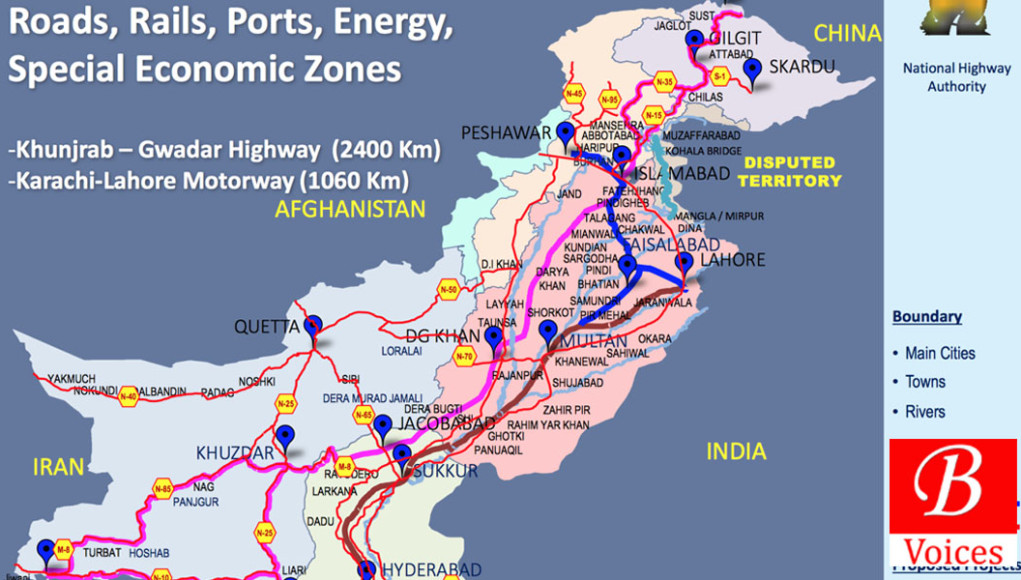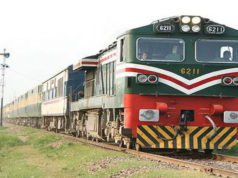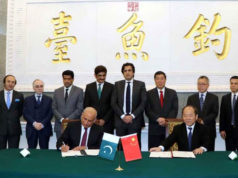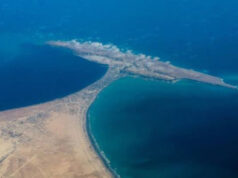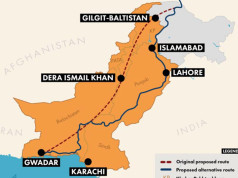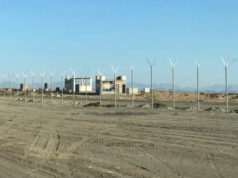 Abu Hurrairah
Abu Hurrairah
Pakistan and China have a mega project of billions of dollars in a global Belt and Road Initiative program. Higher authorities from China and Pakistan claim that almost 32 initial projects have been completed within the last five years as CPEC with a hefty investment of 19 billion dollars from China. In this phase, they have built new roads, working power plants, and the Gwadar Port. The importance of Gwadar port is that it is supposed to be the world’s most operational port regarding oil and gas shipping lanes, and it is the backbone for the whole CPEC.
Talking about the benefits Pakistan is seeking from BRI, they are straightforward and straight away. Being a third-world country, Pakistan wants to lift itself in economic, political, and geographical scenarios, and BRI looks like the most accessible and most fruitful means to achieve these goals. Major issues Pakistan faces are unemployment, poverty, and illiteracy, and BRI has created thousands of jobs for local people and is looking for more ahead.
Also Read: Total Value of CPEC is $50 Billion not $62 Billion
In Addition, BRI helps Pakistan strengthen its strategic position in the region to tackle India with the help of China. Almost 140 countries have joined BRI or are supposed to join; this will enhance the global reach of Pakistan in terms of its trade routes as well. Another smart economic move that can help Pakistan is forming industrial zones like China did in the past. These industrial zones will help the underdeveloped areas of Pakistan in the future by creating employment opportunities and linking them with main hubs.
In the recent past, Pakistan has also felt that the USA is sidelining it even though we have been the front-line ally of the USA in all fields. Pakistan has faced some serious consequences with being on the USA’s side in terrorism and extremism. Now, Pakistan needs a more trustee partner to survive, and China has proved to be more efficient and fruitful for Pakistan so far.
Belt Road Initiative, no doubt it is the Chinese project, and it will ultimately serve their interests, but Pakistan is to look for the best available option. China has significant stakes in BRI as they want to create an economic hegemony around the Globe to tackle the USA. This mindset also has some ideological backgrounds in the form of capitalist-communist conflict. China is looking to create long-standing economic importance in the Asian region, and BRI is the key to their success. BRI has two main aspects: the ‘Silk Road Economic Belt (SREB) and the second is ‘Maritime Silk Road’ (MSR). Through MSR, China is looking to link Southeastern and South Asian maritime countries.
Moreover, through SREB, they are supposed to develop a road web interlinking Central and South Asia with China and eventually with Europe. Thus, they create an advanced and modern form of trade web consisting of roads, railways, and ports. China wants to expand its reach through BRI by Improving communication to other beneficiary states to devise efficient government development strategies and plans for regional cooperation. They want diplomatic stability with all the beneficiary states through soft power by signing deals and agreements for improving financial integrations. Injecting soft corners for China through educational setups, exchange programs, and tourism is another way to pursue the task. BRI has many potentials to provide massive economic and political benefits to China.
After BRI gets functional and the Chinese export market expands, China would love to promote its Renminbi as an international currency. All the trade routes will pass through beneficiary states, which will save their tariffs and extra wastage of money in mutual benefit. Developing such a complex and challenging infrastructure with neighboring countries is difficult, but that will lessen their trade time and costs as China can transport its goods Through CPEC to Gwadar and from there to another world. This helps them a lot rather than coming from the other way. If it is completed successfully, the BRI could help China become the center of the world economy. Increment in trades, investments, and linkages between China and beneficiary states throughout the Globe will also push these countries to become more dependent on China. Ultimately, this would help China shape the rules and regulations of the entire region’s economy.
Along with its benefits, Pakistan may have to face some limitations of BRI in the form of loss of its sovereignty, a challenge to the state’s writ, and over-dependency on China. There are many reports regarding corruption in CPEC in the recent past, but Pakistani officials cannot take any action because of national interest.
Moreover, due to CPEC, the worldwide stance of Pakistan regarding brutal killings of Muslims and Islamophobia has weakened because we cannot utter a single word for what China is doing in Xinjiang with Uighurs. When we talk about Kashmir, Palestine, Burma, Syria but not about Xinjiang, we ultimately lose our moral grounds. Pakistan cannot speak to China over private companies working under CPEC, which can harm you in the future. These companies look for their benefits instead of the public interest.
Though it is a Chinese project, Pakistan should come up with some better proposals for the betterment of the economy. Another issue we are facing nowadays is the grudges of local Balochs regarding CPEC as it is being built on their land. They are supposed to be benefited first, then come others. We are witnessing the complete isolation of this mega project with zero media coverage, but we cannot question it. These are some aspects of BRI Pakistan should ponder; otherwise, China can be another modern form of hegemonic East India Company.
The writer is pursuing Bachelor in International Relations from Quaid-i-Azam University, Islamabad.
Disclaimer: Views expressed in this article are those of the author and Balochistan Voices do not necessarily agree with them.
Share your comments!


